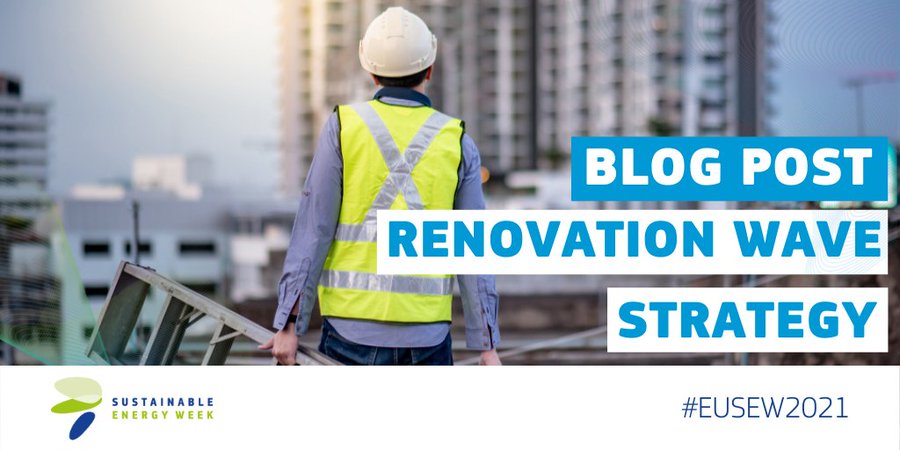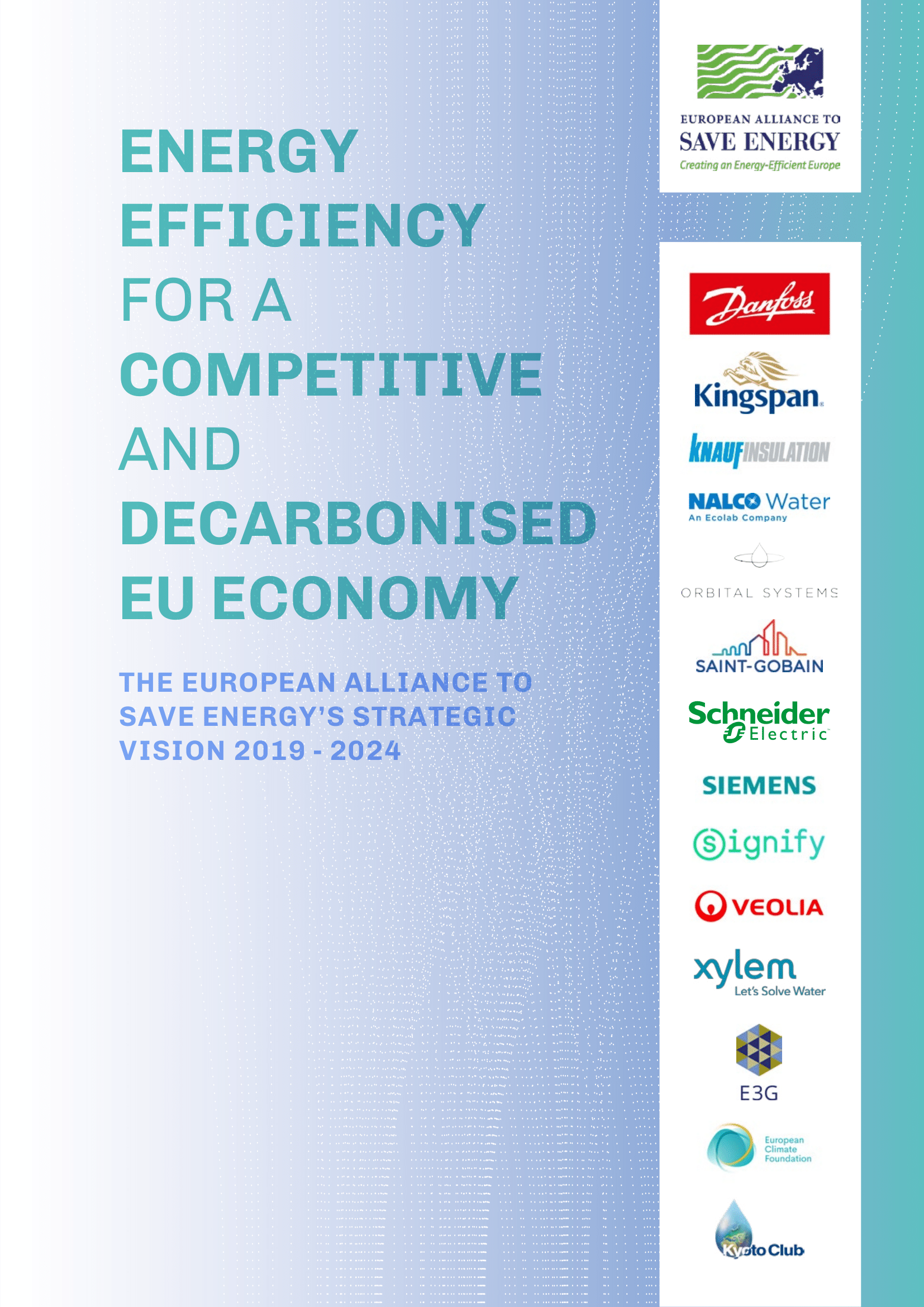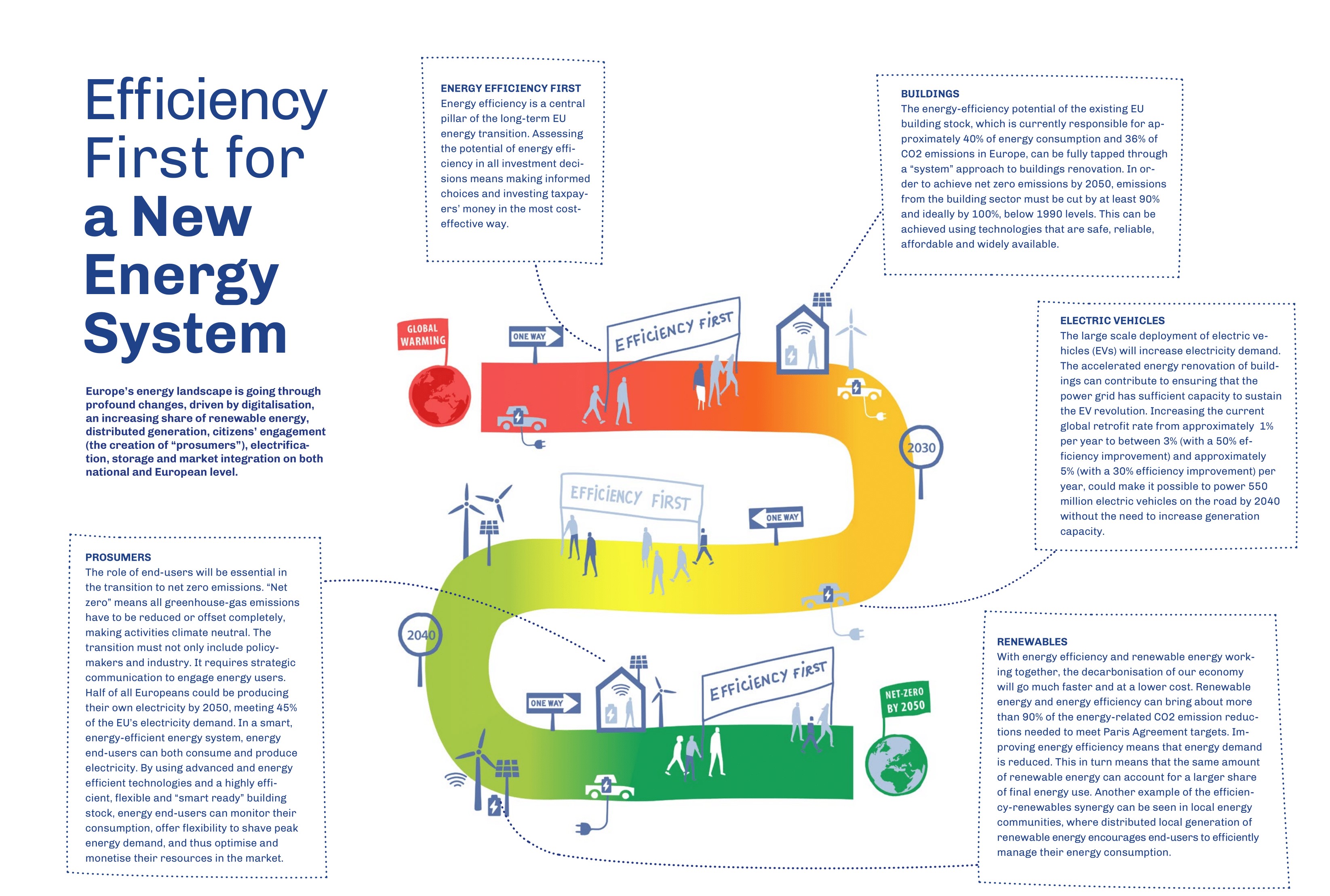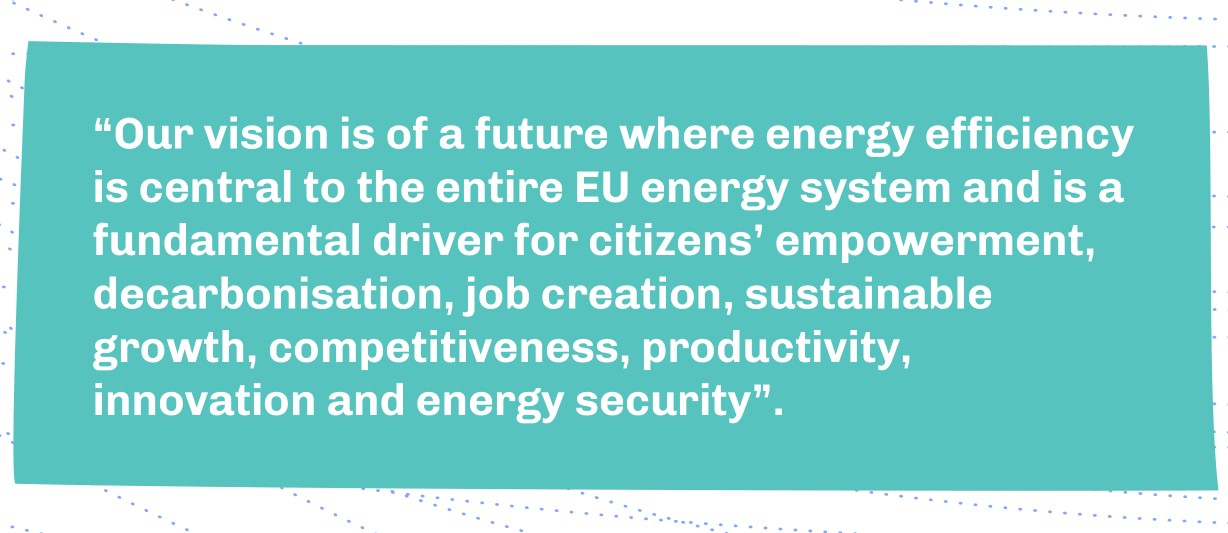The need for speed | EUSEW 2021

by Harry Verhaar Head of Global Public & Government Affairs and Chairman of the board of the European Alliance to Save Energy.
In this climate-critical decade, Europe is faced with the extraordinary task of drastically improving our environmental impact, while also repairing economies left shaken by the effects of COVID-19. Now is not the time to split our priorities: the actions we take to mitigate climate change and those we take to accelerate economic recovery must work both in harmony and at pace.
Both effectively and economically, energy efficiency improvements are the best strategy at our disposal for a swift reduction in carbon emissions. With buildings accounting for 40% of energy consumed and 36% of energy-related greenhouse gas (GHG) emissions, the European Commission’s Renovation Wave strategy gives us an excellent foundation on which to start.
Everything that can be done to improve the footprint of our buildings, should be done: insulation, modern heating, ventilation, and air conditioning (HVAC) technology, and digital solutions like building management systems that can monitor and optimise energy expenditure. Among these key improvements, we should not forget one of the quickest wins: lighting. Two-thirds of installed lighting is legacy technology, with 1.3 billion conventional light points across Europe that could be switched to LED. Through this alone, the EU could save around EUR 40 billion and eliminate 100 million tonnes of CO2 emissions a year. This quick, simple, and low-cost intervention comes with relatively little disruption to the building’s occupiers, and the payback is fast.
Increasing renovation rate and depth will positively impact economic growth, investments, innovation and competitiveness, and lead to a reduced reliance on fossil fuels, in turn improving Europe’s energy security. And economically, the impact of building renovation will most benefit the local SMEs who make up more than 90% of companies in the building sector. Accelerated activity on this level creates jobs for those with displaced incomes due to the global pandemic.



